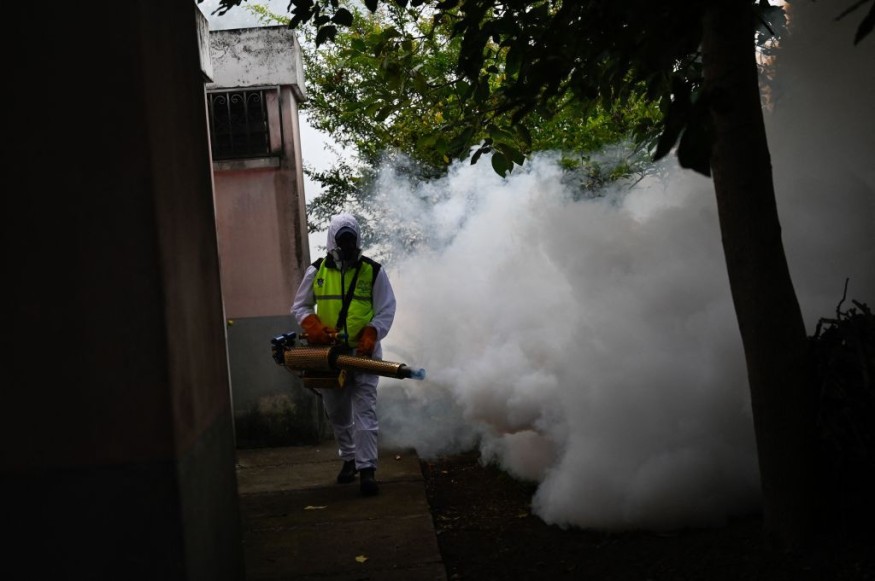Chikungunya disease is a viral infection that causes fever, joint pain, and other symptoms, which can be fatal. The chikungunya virus, which causes the said disease, is transmitted by insect vectors such as Aedes aegypti and Aedes albopictus. In 2024 alone, it has killed more than 120 people out of the approximately 320,000 related cases reported as of May 31, according to Europe's Center for Disease Control and Prevention (ECDC).
In 1952, scientists first identified chikungunya in the Eastern African country of Tanzania. Since then, health authorities and medical experts have studied the mosquito-borne disease with the hope of further understanding its pathogen. Previous cases have been reported on different continents worldwide, including the Americas, Europe, Africa, and Asia. Chikungunya outbreaks typically happen across the tropical and subtropical regions.
While there is still no cure for chikungunya, scientists were able to develop a vaccine called "IXCHIQ" for the disease.
In November 2023, the United States Food and Drug Administration approved the world's first chikungunya vaccine. Recently, the European Commission (EC) also approved the chikungunya vaccine against the infectious disease, allowing the dissemination and administration to people across the continent.
Europe Approves First Chikungunya Vaccine

During a press release on Monday, July 1, the Biotech company Valneva (which developed IXCHIQ) announced that it received marketing authorization in Europe for the world's first chikungunya vaccine. The company said that the EC granted the single-dose usage of IXCHIQ, emphasizing it will prevent the chikungunya virus from infecting individuals 18 years of age and above.
According to Valneva's Chief Medical Officer, Juan Jaramillo, the approval of the EC is significantly more than ever in making the vaccine available for European citizens. Jaramillo emphasized that climate change, in recent years, has caused the Aedes mosquito to spread in previously unaffected areas of Europe.
Also Read: Invasive Mosquitoes Find Favorable Conditions Due To Climate Change; Dengue Cases Surge In Europe
Chikungunya Virus and Symptoms
The term "chikungunya" is derived from the African language Makonde which means "bent over in pain." The mosquito-borne chikungunya virus cannot be transmitted between humans since the only method of transmission is caused by bites from aegypti and albopictus.
According to the Pan American Health Organization (PAHO), deaths from the chikungunya disease are "very rare" and almost related to underlying health conditions.
It remains unclear if the chikungunya virus can infect all animals aside from humans. However, the National Institutes of Health in 2016 reported that the virus (also abbreviated as CHIKV) infects other species as well such as non-human primates. These findings are based on animal models of the pathogen published in The Journal of Infectious Diseases.
According to the ECDC, a total of 19 countries reported Chikungunya cases worldwide, including 12 in the Americas, six in Asia, and one in Africa, adding that the countries with the most cases are Argentina, Brazil, Paraguay, and Bolivia. The spread of the chikungunya virus is connected to viraemic travelers like mosquitoes, wherein their blood is infected by the pathogen.
Related Article: Mosquito-Borne Disease 'Chikungunya' Found in Florida
© 2025 NatureWorldNews.com All rights reserved. Do not reproduce without permission.





